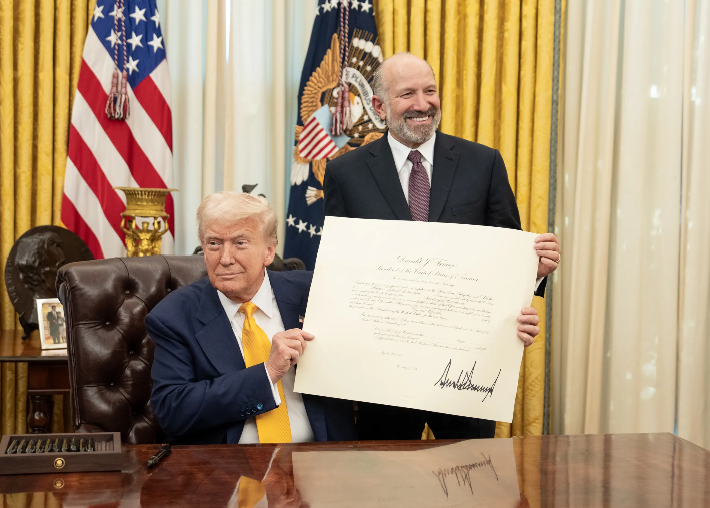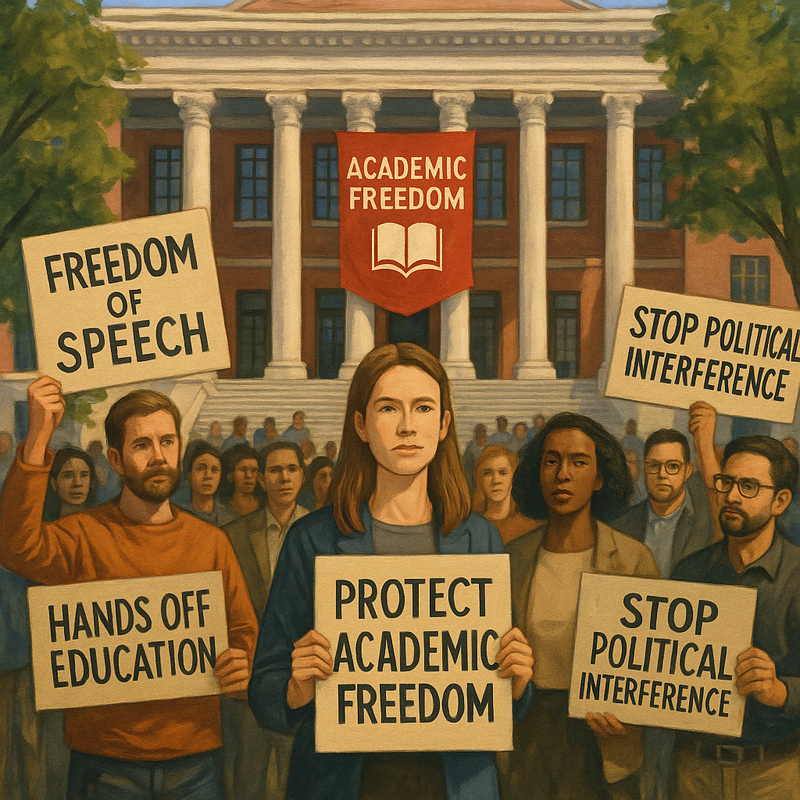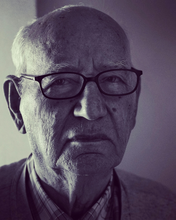Trump Targets University Foundations with Accreditation Overhaul to Dismantle DEI Initiatives
Input
Modified
President Trump’s new executive order threatens US universities' access to federal funding and student aid. A wave of backlash from educators, students, and accrediting bodies as Trump politicizes higher education and undermines institutional autonomy. Critics warn of federal overreach into academic freedom and ideological conformity.

President Donald J. Trump has ignited a political firestorm in higher education with a sweeping executive order aimed at reshaping the American university system from the inside out. Announced in late April, the order mandates a radical overhaul of the accreditation process for colleges and universities, with the explicit goal of eradicating Diversity, Equity, and Inclusion (DEI) initiatives from American higher education. In doing so, the Trump administration is not merely targeting policies—it is threatening the legal and financial underpinnings of U.S. universities.
Under the new directive, accrediting agencies—the gatekeepers of federal legitimacy for higher education institutions—must now certify that schools do not impose DEI mandates in hiring, admissions, curriculum, or campus culture. Institutions that fail to comply may lose accreditation, effectively rendering them ineligible for federal student aid and potentially cutting off access to government research funding. This move, critics argue, strikes at the very foundation of what makes universities functional and viable in the modern academic ecosystem.
DEI Under Siege: Accreditation as a Political Too
Accreditation is not merely a seal of academic approval; it is a prerequisite for survival. Universities that lose it can no longer receive federal funds, cannot attract students dependent on financial aid, and may see faculty and research staff migrate to accredited institutions. The Trump administration has made it clear that institutions found to be promoting or requiring DEI practices as a condition of employment or enrollment are at risk.
The rationale from the administration is framed as an attempt to "strengthen academic freedom" and promote "intellectual diversity." However, many educators and analysts contend that the executive order undermines the very mechanisms of academic independence. Rather than allowing institutions to set their own pedagogical direction, the federal government is effectively dictating terms of ideological compliance.

“Campus Backlash and Sector-wide Fallout”
Reactions from the academic community have been swift and overwhelmingly negative. University administrators, faculty unions, and student organizations have decried the move as a politically motivated assault on higher education. Many view the order as a backdoor strategy to suppress discussions around race, gender, and systemic inequality—topics that DEI programs are explicitly designed to address.
"This isn't about educational quality," said one university president anonymously. "It's about controlling the narrative and punishing institutions that embrace values the administration finds politically inconvenient."
Professional accrediting bodies have also pushed back, noting that their standards were developed over decades with input from educational experts, not political operatives. For them, this executive order is not just a policy shift; it is an existential threat to the very concept of accreditation as a neutral, peer-reviewed process.
Perhaps the most immediate victims of this overhaul are students, especially those enrolled at institutions that now face uncertain accreditation status. Thousands of students currently attending colleges that prioritize DEI could find their degrees devalued or invalidated if those schools lose accreditation.
Students from underrepresented backgrounds are particularly vulnerable. DEI programs have historically played a significant role in increasing access and support for minority students, first-generation college-goers, and those from economically disadvantaged backgrounds. With these programs now under siege, critics argue that the administration is dismantling the very tools that have helped level the playing field in American higher education.
A college junior at a liberal arts college in the Midwest expressed their dismay: "I chose this school because of its commitment to diversity. Now I’m worried my degree won’t even mean anything when I graduate."
One of the most controversial aspects of the executive order is how it politicizes what has traditionally been an apolitical process. Accreditation has long been governed by independent, peer-reviewed agencies focused on educational quality, institutional governance, and academic integrity. By inserting ideological criteria into the mix—specifically targeting DEI—the Trump administration is transforming accreditation from a measure of quality to a tool of political conformity.
Critics liken this to government overreach of the worst kind, one that mirrors censorship models seen in authoritarian regimes. "The danger here is not just in the loss of DEI," said one education policy analyst. "It’s the normalization of political litmus tests for educational legitimacy."
The Legal Arena and What Comes Next
The executive order is likely to face a battery of legal challenges from states, universities, and civil rights organizations. Already, coalitions of legal scholars and education advocates are preparing lawsuits arguing that the move violates the First Amendment, Equal Protection Clause, and existing federal statutes governing education policy.
In parallel, state governments with strong public university systems are expected to resist implementation. California and New York, for example, have signaled that they will challenge any attempts to condition federal funds on compliance with ideological mandates.
Congressional Democrats are also mobilizing. While the executive order bypasses the need for immediate legislative approval, lawmakers are exploring ways to block funding or nullify its provisions through the appropriations process.
This unprecedented move may be the opening salvo in a broader cultural and educational realignment. With Trump already campaigning on promises to root out "wokeness" in public institutions, the attack on DEI in universities could be a template for similar efforts in K-12 education, public libraries, and other sectors.
If successful, the administration’s actions could reshape the ideological contours of American education for a generation. But the consequences for academic freedom, student equity, and institutional autonomy may be profound and lasting.
At its core, the Trump administration’s accreditation overhaul represents a significant escalation in the culture war over American education. By tying accreditation to the rejection of DEI, it forces institutions to choose between federal legitimacy and their commitment to inclusive values. The fallout could reverberate across every corner of higher education—endangering students, straining faculty, and eroding the independence of academic institutions.
Whether this effort will ultimately withstand legal and political scrutiny remains to be seen. But what is clear is that the battle lines have been drawn, and the stakes—for universities and the future of education itself—could not be higher.





















